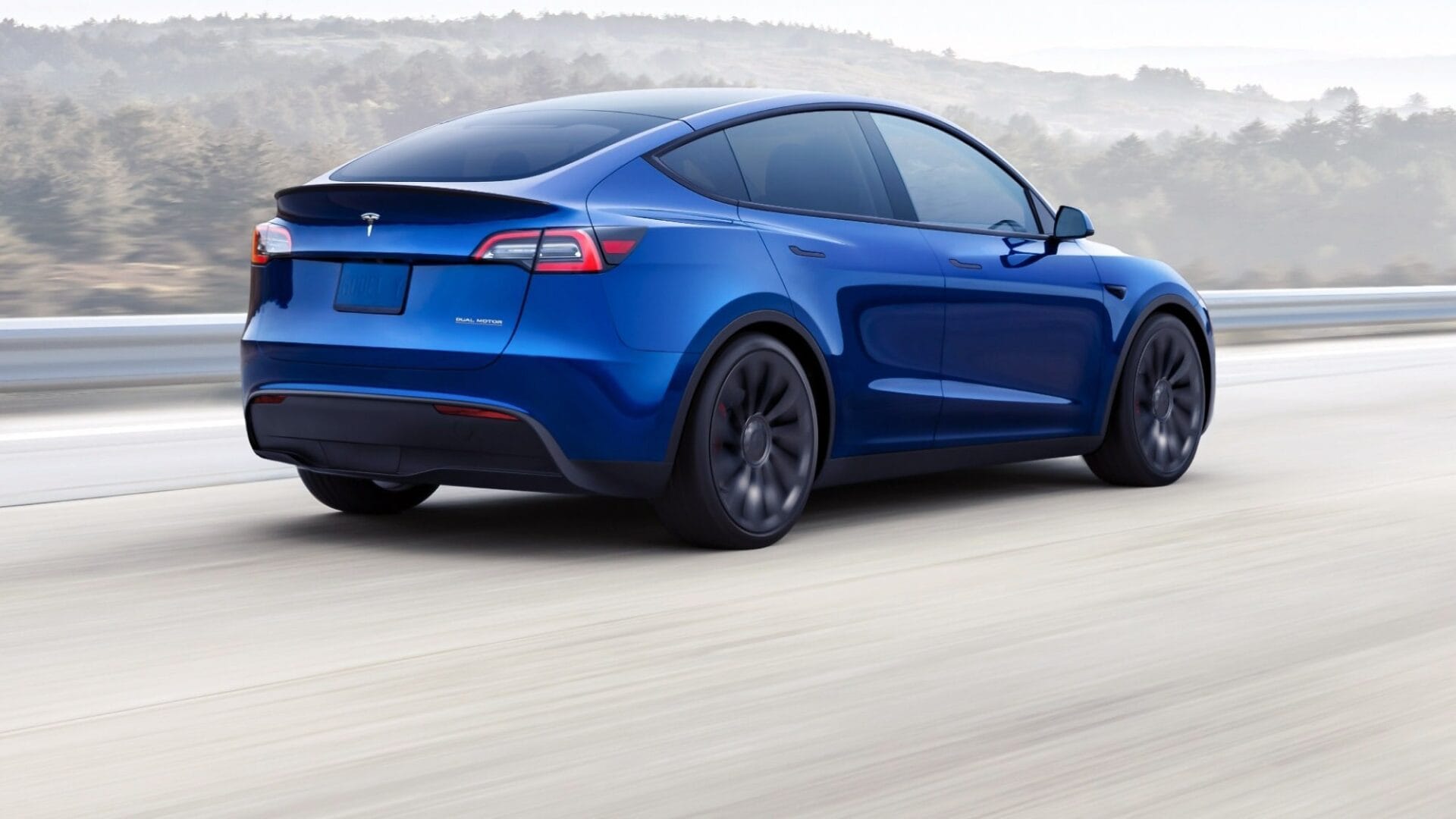The U.S. Treasury Department has revealed the total amount of electric vehicle subsidies it has provided since the start of this year.
Monthly Expenditures
Previous estimates suggested that the government was spending around $200 million each month on EV tax credits, and those figures were quite accurate. Thanks to the Inflation Reduction Act from the White House administration, American consumers have received at least $2 billion in subsidies for purchasing electric cars. The Treasury refers to these as “upfront savings,” as the tax credit is now taken directly off the retail price by dealers.
Savings Breakdown
Janet Yellen from the Treasury noted that the "Biden-Harris Administration’s Inflation Reduction Act is lowering upfront costs for electric and plug-in hybrid vehicles, saving Americans more than $2 billion since January." These savings have benefited approximately 250,000 new clean vehicles, each receiving a $7,500 federal tax credit, along with 50,000 used cars that qualify for a $4,000 subsidy.
Tesla’s Position
Recently, Elon Musk stated that Tesla doesn’t rely on these tax credits to sell more vehicles; however, the company did lower the price of its cheapest Model 3 since it didn’t meet the qualification criteria. Additionally, the popular Model Y SUV likely wouldn‘t have sold as well if it weren’t for the federal $7,500 incentive that makes its pricing competitive with gas-powered vehicles.
The federal EV tax credit is set to continue until 2032, and it will be interesting to see how much the Treasury ultimately spends on this initiative, especially with the variety of electric car models and battery factories expected to qualify for subsidies in the upcoming years.
Future Earnings
Tesla is poised to gain the most from this program. With its lineup of electric vehicles, 4680 batteries, Supercharger network, and energy storage solutions, it’s projected to receive at least $41 billion from the government throughout the duration of the subsidy program.


Leave a Reply